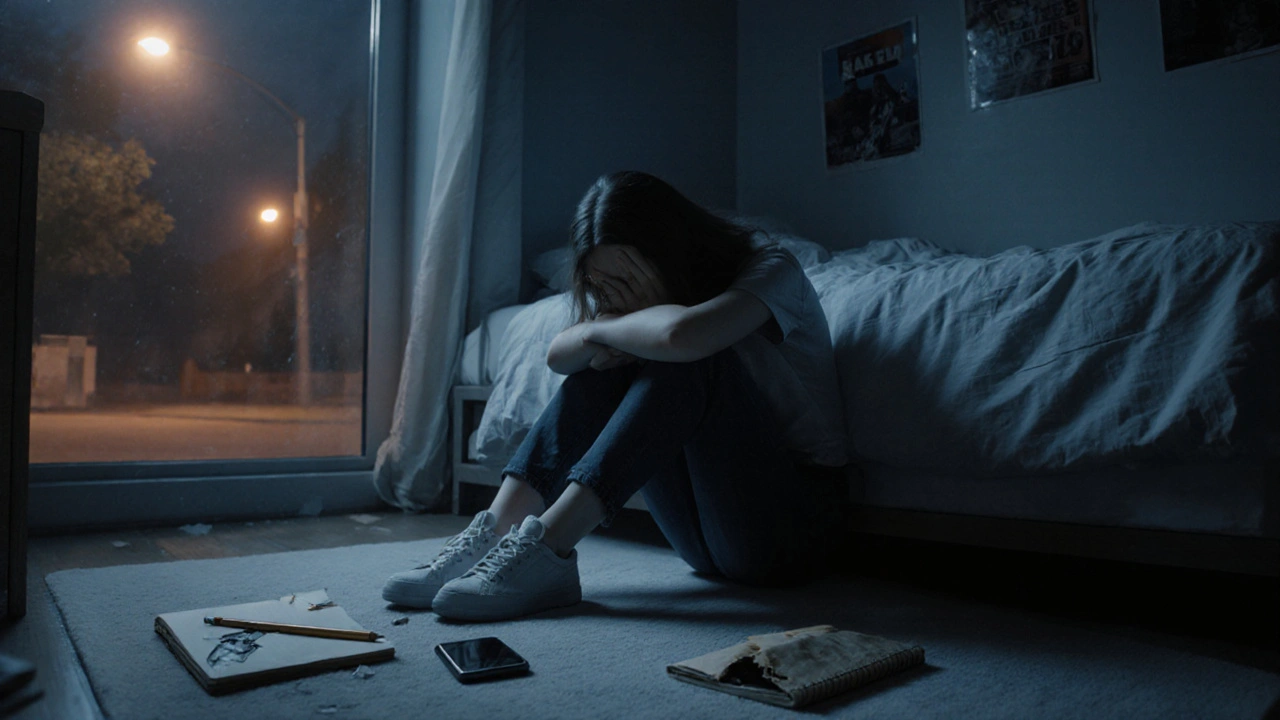Mental Health Resources & Tips
Feeling overwhelmed, anxious, or down? You’re not alone, and getting clear, reliable info can make a big difference. At SES‑CAB we break down the science behind mental health so you can decide what works for you without the jargon. Below you’ll find quick, evidence‑backed pointers on common issues, safer medication choices, and everyday habits that boost mood and resilience.
Why mental health matters
Good mental health isn’t just about avoiding illness; it’s the foundation for everyday energy, relationships, and productivity. Research shows that chronic stress can raise blood pressure, weaken immunity, and even affect sleep quality. When anxiety or depression go unchecked, they often spiral into other health problems. That’s why spotting early signs—persistent worry, loss of interest, or trouble concentrating—is key. Spotting a pattern early lets you act before it turns into a larger issue.
Practical ways to support your mental health
Here are simple steps you can start today:
1. Move your body. Even a 10‑minute walk releases endorphins that lift mood. Consistent exercise, like brisk walking, cycling, or yoga, cuts anxiety levels and improves sleep.
2. Tame the screen. Social media can amplify stress. Try a “digital sunset” an hour before bed—turn off phones, tablets, and laptops to give your brain a break.
3. Sleep smart. Aim for 7‑9 hours of quality sleep. Keep the bedroom dark, cool, and free of work‑related items. If you’re struggling, a short bedtime routine—reading a paperback or gentle stretching—can reset your internal clock.
4. Talk it out. Sharing worries with a trusted friend, family member, or therapist reduces the load. If you’re unsure where to start, many community clinics offer free or low‑cost counseling.
5. Use medication wisely. Some mental health conditions benefit from prescription meds. For example, Luvox (fluvoxamine) is often used for OCD and anxiety. Always check dosage, potential interactions (like alcohol or other meds), and follow up with your prescriber. Our guide on Luvox walks you through safe use and side‑effect monitoring.
Beyond these habits, consider adding mindfulness practices—such as breathing exercises or brief meditations—to calm racing thoughts. Even five minutes a day can lower cortisol, the stress hormone, and improve focus.
If you suspect a specific condition like depression or an anxiety disorder, professional evaluation is essential. Evidence‑based treatments, including cognitive‑behavioral therapy (CBT) and certain antidepressants, have strong track records. Our site offers plain‑language breakdowns of common drugs, their side‑effects, and interaction warnings—so you can ask the right questions at your next appointment.
Remember, mental health is a journey, not a destination. Small, consistent actions build a stronger foundation over time. Keep this page handy as a quick reference, and revisit when you need a refresher. You deserve clear, trustworthy guidance—SES‑CAB is here to help you stay informed and feel better.
Teen Depression Symptoms: Key Warning Signs Every Parent Should Spot
- Cheryl Moran
- September 27, 2025
- 11 Comments
Learn the vital signs of teen depression, from mood changes to risky behaviours. Spot early warnings, understand causes, and know how to act fast.
read moreBPH Symptoms and Mental Health: What Urinary Problems Do to Your Wellbeing
- Cheryl Moran
- September 15, 2025
- 20 Comments
How urinary symptoms from BPH affect mood, sleep, and quality of life-plus practical steps, NHS pathways, risks, and evidence-backed tips to feel better.
read more
